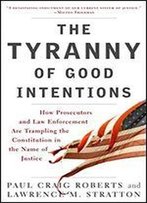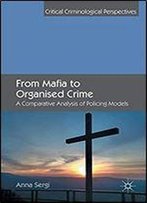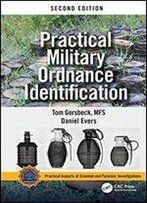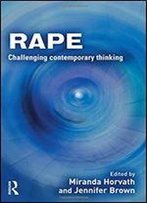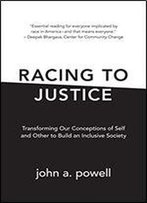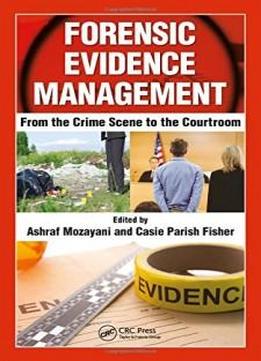
Forensic Evidence Management: From The Crime Scene To The Courtroom
by Ashraf Mozayani /
2017 / English / PDF
4.7 MB Download
"Evidence management has become a crucial component for the
law enforcement community. I truly believe this book is essential
in assisting criminal investigators and a valuable resource for
managing evidence."―Jeremiah Sullivan, Chairman, Board of
Directors, Texas Division of the International Association for
Identification; Senior Crime Scene Specialist (Retired). Austin
Police Department
"Evidence management has become a crucial component for the
law enforcement community. I truly believe this book is essential
in assisting criminal investigators and a valuable resource for
managing evidence."―Jeremiah Sullivan, Chairman, Board of
Directors, Texas Division of the International Association for
Identification; Senior Crime Scene Specialist (Retired). Austin
Police Department
As technology and technical applications continue to advance in
the forensic sciences, the undertakings at crime scenes have
become even more critical. Crime scene investigators must ensure
that evidence is properly collected, document, packaged, and
stored in a manner that maximizes the ability of laboratories to
derive meaning and results from the evidence provided them.
As technology and technical applications continue to advance in
the forensic sciences, the undertakings at crime scenes have
become even more critical. Crime scene investigators must ensure
that evidence is properly collected, document, packaged, and
stored in a manner that maximizes the ability of laboratories to
derive meaning and results from the evidence provided them.Forensic Evidence Management: From the Crime Scene to the
Courtroom
Forensic Evidence Management: From the Crime Scene to the
Courtroom provides best practices policies for forensic
science entities and their employees to maintain chain of custody
and evidence integrity throughout the course of evidence
collection, storage, preservation, and processing.
provides best practices policies for forensic
science entities and their employees to maintain chain of custody
and evidence integrity throughout the course of evidence
collection, storage, preservation, and processing.
The focus of the book will be to address the issues related with
evidence handling and analysis inside the forensic laboratory, in
particular, and to offer best practices and guidelines from
leading forensic experts in the field. Forms of evidence covered
include biological, chemical, trace, firearm, toolmark,
fingerprint, and a host of others types recovered at crime
scenes. The book concludes with a chapter on ethics, bias, and
ethical practices in evidence handling in the field and
laboratory analysis.
The focus of the book will be to address the issues related with
evidence handling and analysis inside the forensic laboratory, in
particular, and to offer best practices and guidelines from
leading forensic experts in the field. Forms of evidence covered
include biological, chemical, trace, firearm, toolmark,
fingerprint, and a host of others types recovered at crime
scenes. The book concludes with a chapter on ethics, bias, and
ethical practices in evidence handling in the field and
laboratory analysis.Test Bank and PowerPoint
Test Bank and PowerPointTM
TM slides are available
for download from the Taylor & Francis ancillary Web site for
qualifying course adopters.
slides are available
for download from the Taylor & Francis ancillary Web site for
qualifying course adopters.

